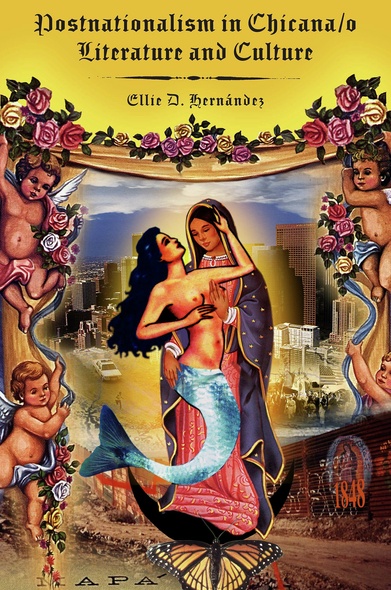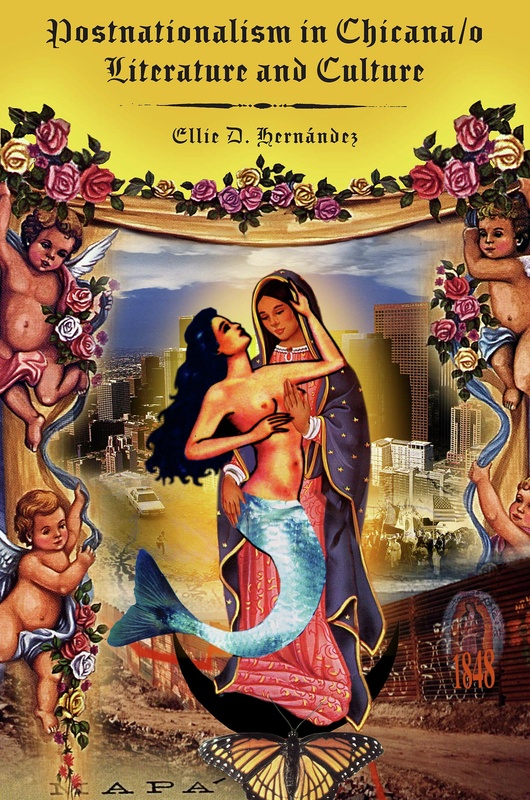Postnationalism in Chicana/o Literature and Culture
In recent decades, Chicana/o literary and cultural productions have dramatically shifted from a nationalist movement that emphasized unity to one that openly celebrates diverse experiences. Charting this transformation, Postnationalism in Chicana/o Literature and Culture looks to the late 1970s, during a resurgence of global culture, as a crucial turning point whose reverberations in twenty-first-century late capitalism have been profound.
Arguing for a postnationalism that documents the radical politics and aesthetic processes of the past while embracing contemporary cultural and sociopolitical expressions among Chicana/o peoples, Hernández links the multiple forces at play in these interactions. Reconfiguring text-based analysis, she looks at the comparative development of movements within women's rights and LGBTQI activist circles. Incorporating economic influences, this unique trajectory leads to a new conception of border studies as well, rethinking the effects of a restructured masculinity as a symbol of national cultural transformation. Ultimately positing that globalization has enhanced the emergence of new Chicana/o identities, Hernández cultivates important new understandings of borderlands identities and postnationalism itself.
Ellie Hernández is Associate Professor of Women's Studies at the University of California, Santa Barbara.
- Acknowledgments
- Introduction
- Chapter 1. Postnationalism: Encountering the Global
- Chapter 2. Idealized Pasts: Discourses on Chicana Postnationalism
- Chapter 3. Cultural Borderlands: The Limits of National Citizenship
- Chapter 4. Chicana/o Fashion Codes: The Political Significance of Style
- Chapter 5. Performativity in the Chicana/o Autobiography
- Chapter 6. Denationalizing Chicana/o Queer Representations
- Conclusion
- Notes
- Bibliography
- Index






